Your credit score affects your ability to use credit and the amount of interest you’ll pay. However, there are many myths about credit scores and how to improve them. Let’s debunk the top ten myths about credit scores.
10. Myth: Your Credit Score Depends on One Thing
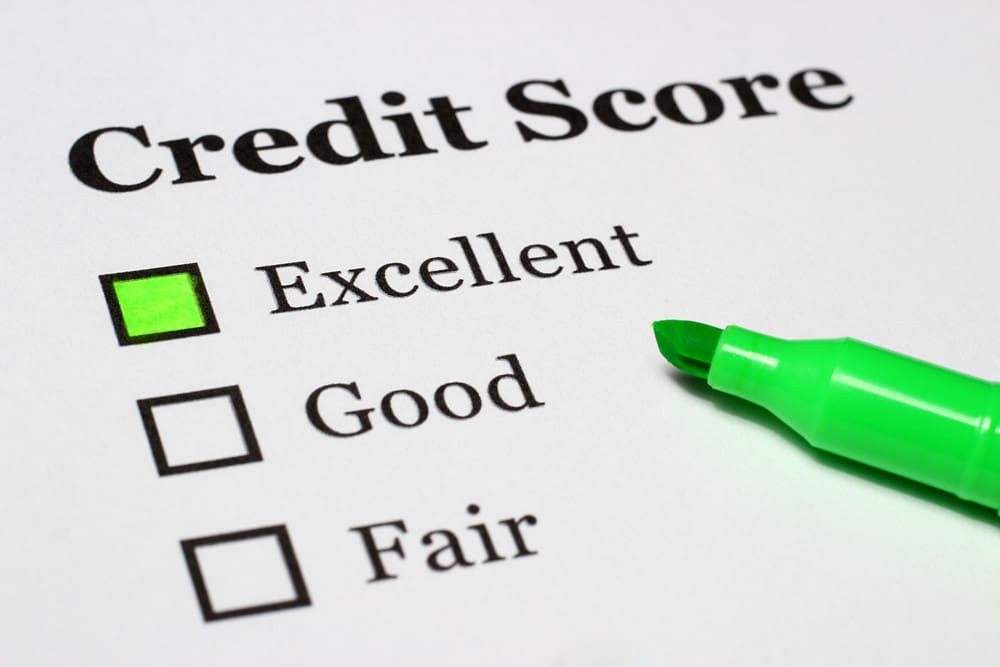
Many people mistakenly think one particular area of their credit may be the most important. However, according to FICO® credit score models, a credit score is based on differently weighted information from five categories. They are: Payment history (35%), amounts owed (30%), length of credit history (15%), mix of credit (10%), and new credit (10%).
9. Myth: Your Credit Score Will Drop if You Get Credit Counseling
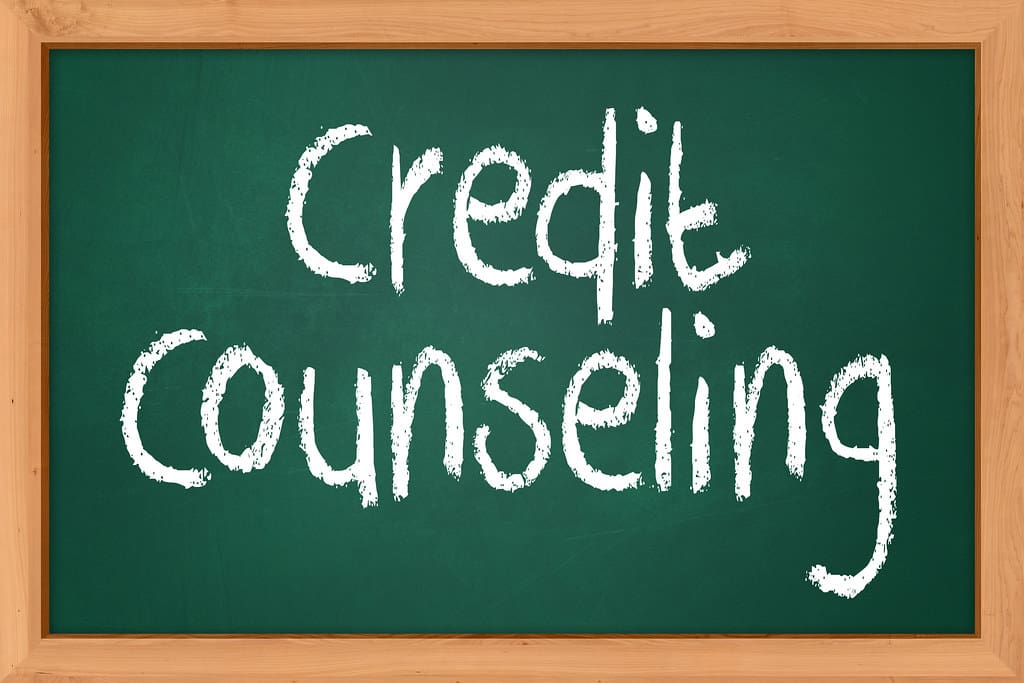
Receiving credit counseling will not negatively affect your credit score. Some people miss understand this, so they avoid credit counseling when it could benefit them greatly. They worry it can send lenders the wrong message. It won’t. If you think you may need credit counseling – don’t hesitate to make an inquiry.
8. Myth: When You Check Your Score, it Should Match the Lender’s Score
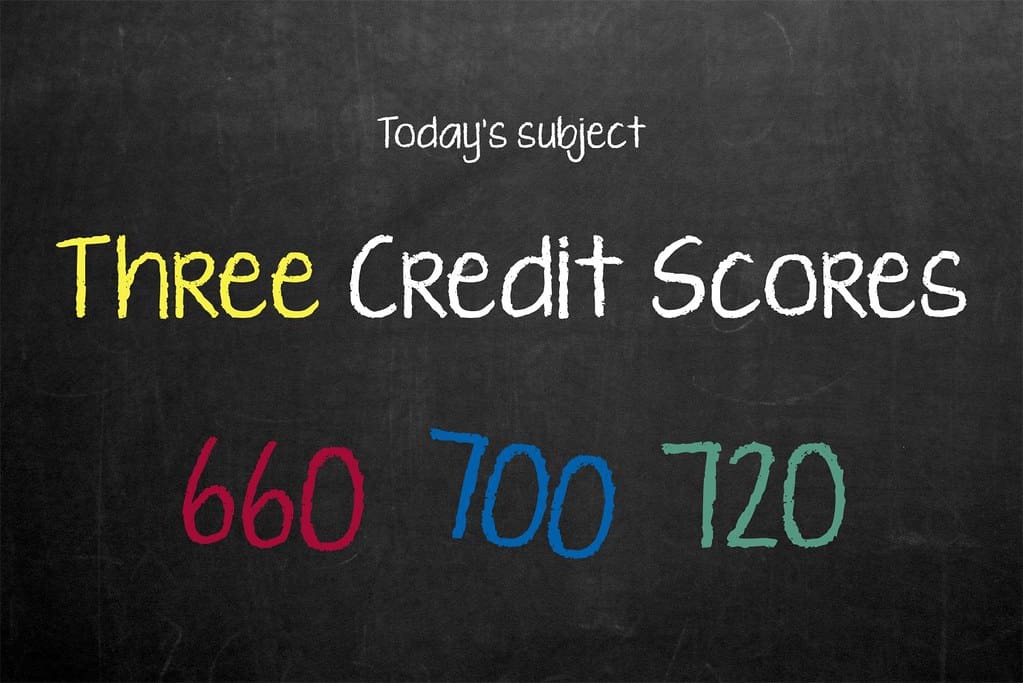
You don’t have a credit score — you have credit scores. The most common system for credit scores is FICO, which is largely based on information from three credit bureaus — Experian, Equifax, and Transunion. Therefore, a score from one differs from another. What’s more important is your credit report overall. The score is a numbered reflection of what’s in the report.
7. Myth: Checking Your Own Credit Will Hurt Your Score
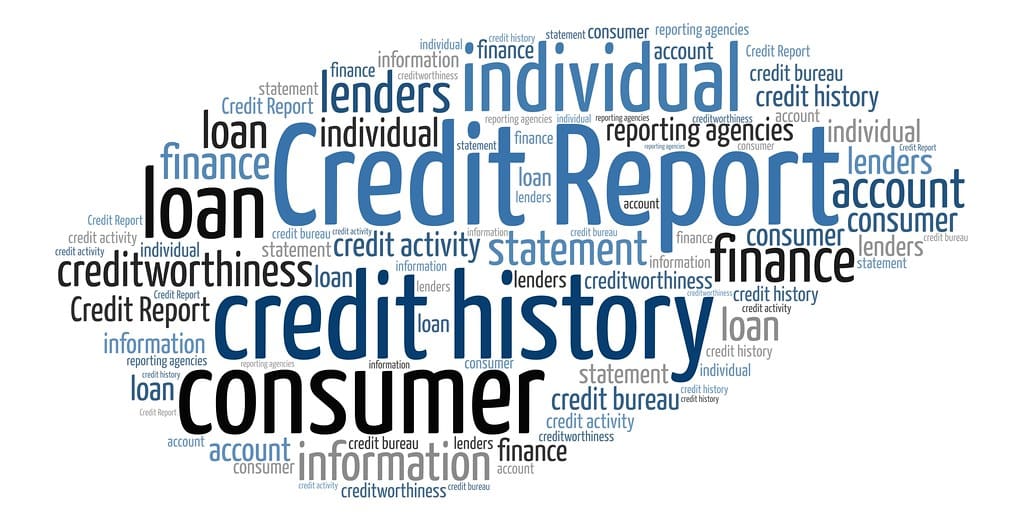
There are two types of inquiries. A “soft” inquiry, such as looking at your own credit report, doesn’t impact your score. The other is “hard” inquiries that are related to a credit application. These influence your credit score. You can check your credit report once annually for free from the three credit bureaus — Experian, Equifax, and Transunion — at annualcreditreport.com.
6. Myth: A Higher Credit Score Means You Have More Debt
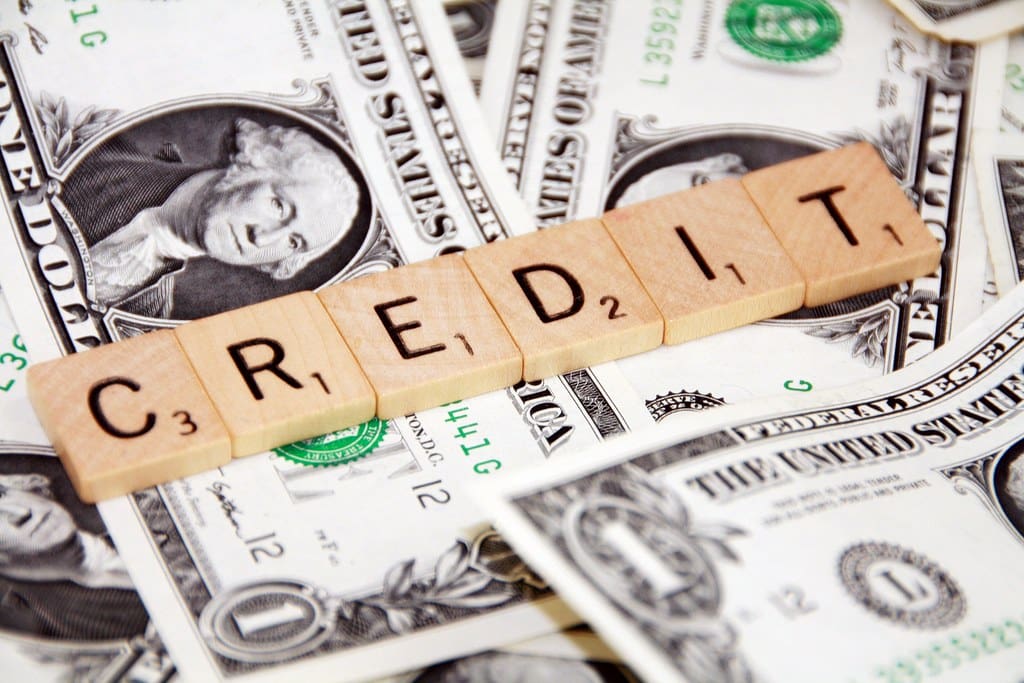
Credit score models don’t reward owing more money. It’s the opposite. The second-largest factor in the FICO credit score model is the amount you owe. Therefore, the less you owe, the better. Instead, credit score models consider the different types of credit you have, such as auto loans, mortgages, credit cards, and other installment loans.
5. Myth: Getting Married Affects Your Credit Score

If you don’t open any joint credit accounts while you’re married, your credit information remains separate. Only when you open a joint will they appear on both of your credit reports. This is the moment when your spouse’s credit history can impact you. If one has bad credit, it could impact the qualification and interest rate of the other.
4. Myth: Closing the Credit Account Will Improve Your Credit Score
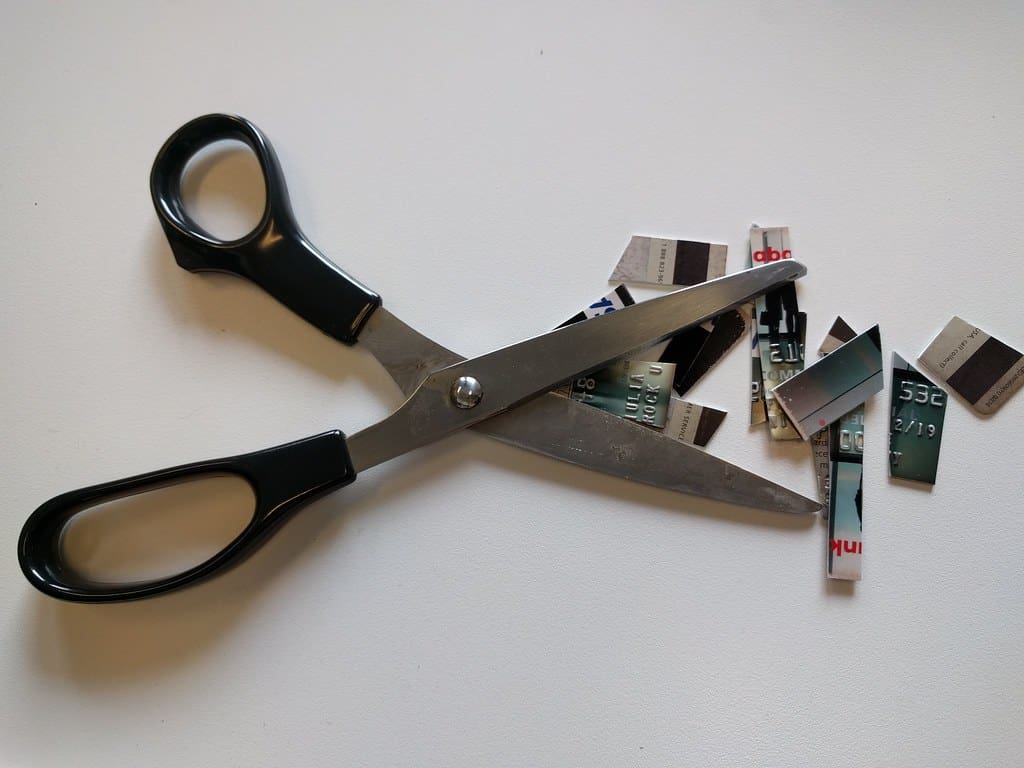
The opposite is true. Closing accounts can affect your credit score. Why? Because it changes the ratio of your available credit limit to the debt you owe. Further, closing an account won’t immediately remove it from your credit report. Negative history remains on your report for up to seven years. Positive history remains for ten years from the last activity.
3. Myth: Credit Scores Consider Income and Demographics
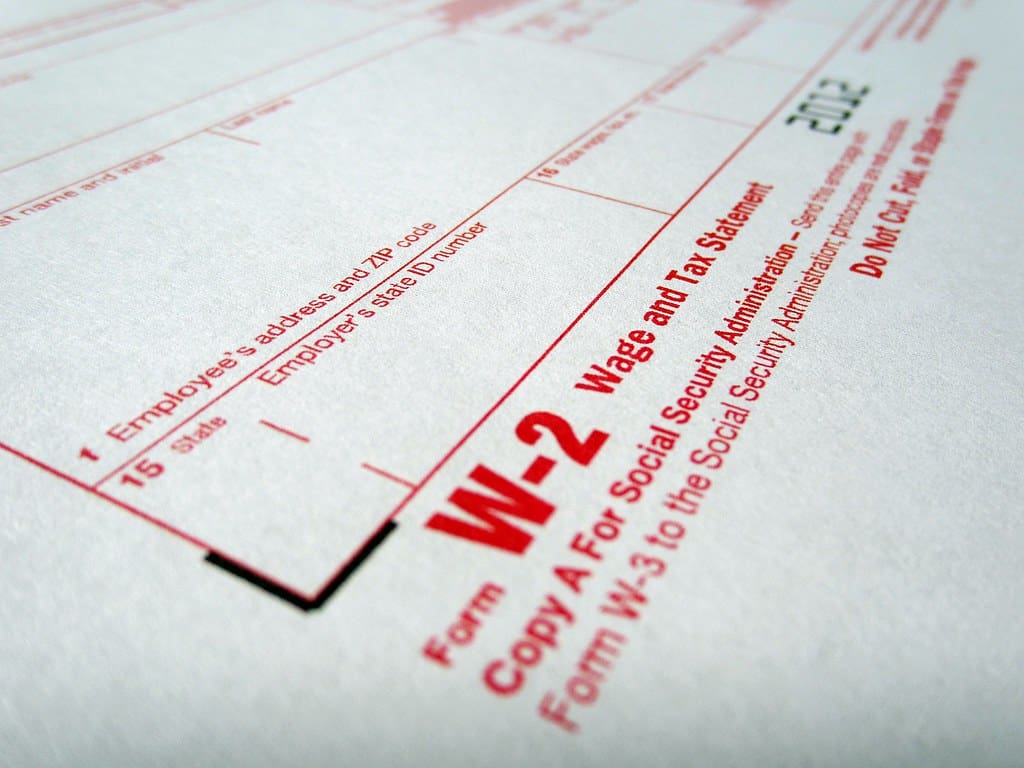
Income is not included on your credit report and has no impact on your credit score. Demographic information, such as race, religion, disabilities, sexual orientation, profession, and military status, are not included in your credit score. However, lenders do consider your income in relation to the amount of debt you owe, but that is not included in your credit report.
Read More: The Best Ways to Rebuild Credit
2. Myth: Potential Employers Can Check Your Credit Score

It is true that, as part of the hiring process, some employers can check your credit history. However, they do not have access to your credit score. The reason employers, particularly in the financial service industry or military, check credit history is to know if they are hiring someone who is responsible and financially stable.
Read More: 15 Ways to Improve Your Credit Score
1. Myth: You Can Improve Your Credit Score by Carrying a Balance
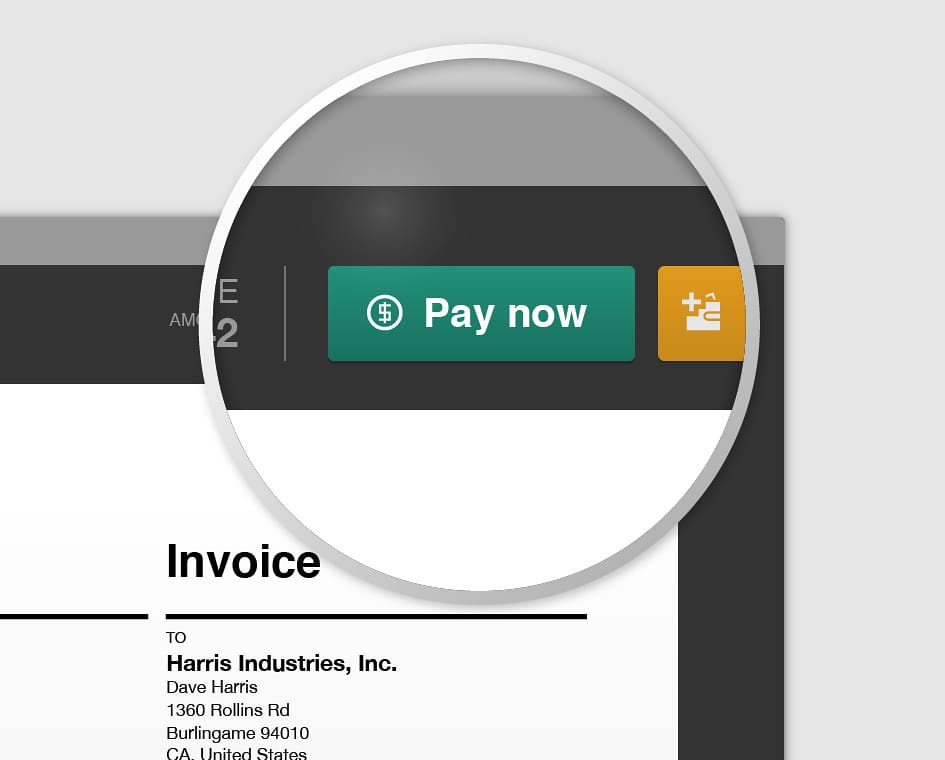
While you do need to use credit cards occasionally, you don’t need to carry a balance to improve your credit score. If you use them and pay them off in full and on time before the balance is due, it will affect two of the biggest factors on your credit report: Payment history and the amount you owe.
Read More: 5 Easy Tips to Improve Your Credit Score




